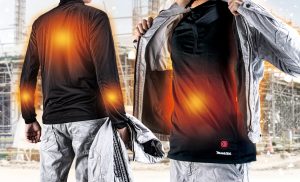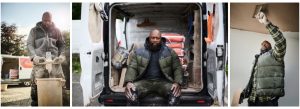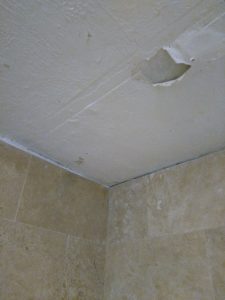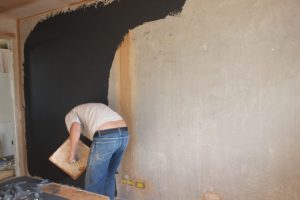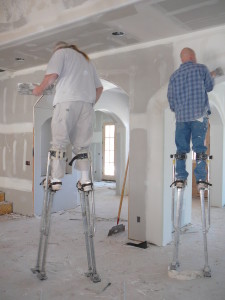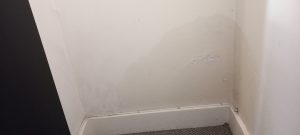Demonstrating its commitment to both public accountability and sustainability, Knauf has published its first ever Sustainability Report for its UK operations on its website. The Knauf Sustainability Report 2013 sets out in comprehensive detail the ethos and the practical strategies the company has adopted to improve the sustainability of its products and processes.
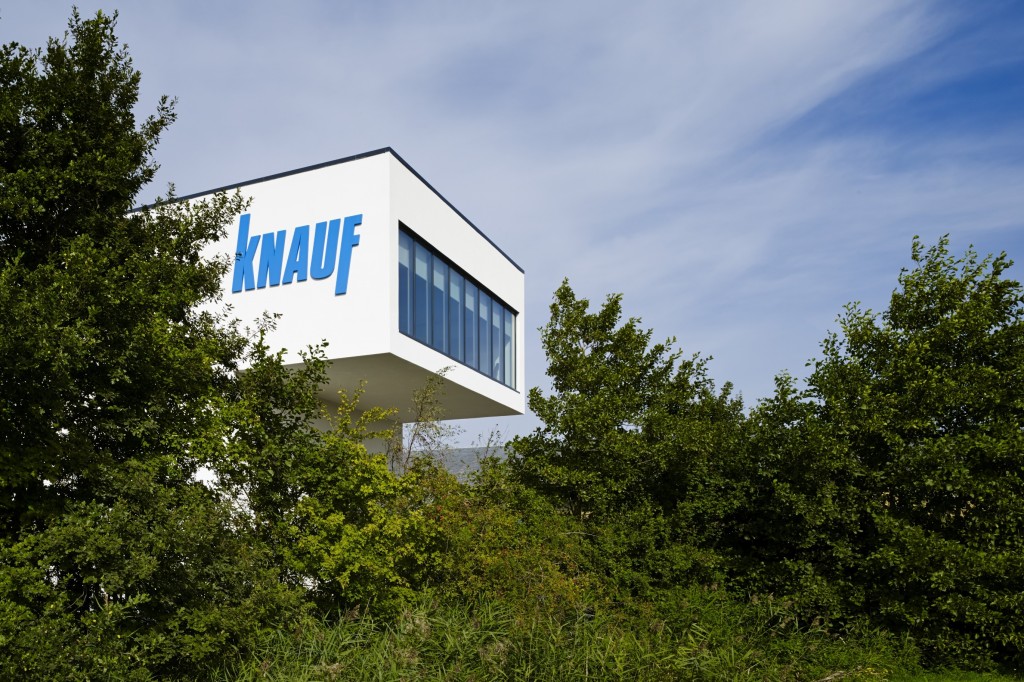
The report’s publication coincides with Knauf achieving a performance rating of ‘Excellent’ under BES 6001: Responsible Sourcing of Construction Products Standard, for its laminated and non-laminated plasterboards and gypsum plasters. The standard was developed by the Building Research Establishment to provide independent, third party verification that construction products had been sourced responsibly.
As part of the BES 6001 verification, products are checked against a framework that sets out the organisational governance, supply chain management and environmental and social aspects the manufacturer must consider so as to ensure that the construction products are sourced responsibly. This certification is important to those customers seeking credits against BREEAM and the CSH because it contributes to credits under both schemes.
Plasterboards that Knauf manufactures in the UK are especially sustainable because they contain no virgin gypsum, being composed instead from Flue Gas Desulphurisation (FGD) gypsum (a by-product of coal fired power station processes that prevent the production of acid rain) and post-consumer gypsum from UK based construction and demolition sites.
As a global, family-owned business, Knauf intends to become the market leader in lightweight building products and systems and believes that running the business in a sustainable manner is essential to achieving this ambition. The Sustainability Report shows how this is embedded within the company’s culture and practice as well as detailing its performance for 2013 and its ambitions for 2014 and beyond.
Knauf recognises that its approach to sustainability must be consistent throughout the business and so the report covers; products, the processes by which they are manufactured and distributed, and working collaboratively with customers and stakeholders.
The report demonstrates, with examples, how the company’s products and systems are designed especially to fit into the UK’s strategy for reducing climate change and improving the built environment.
But the report also details how the company measures up in terms of sustainability targets such as energy performance, carbon footprint and use of raw materials. Overall in 2013, as the report shows, the plasterboards and plasters manufactured consisted of 89% recycled material that came from post-consumer gypsum, FGD gypsum and recycled paper. The processes used in manufacturing are energy intensive, so the report looks at the company’s performance so far and the initiatives it has adopted to improve.
The 84-page report itself conforms to the highest standard currently available, the framework developed by the Global Reporting Initiative (GRI), with all the data it contains being externally verified by an independent third party.
The GRI is a leading organisation in the sustainability field that promotes the use of sustainability reporting as a way for organisations to become more sustainable and contribute to sustainable development.
Issued online as a downloadable document, the report is sustainable itself in that it requires no inks or papers but can be printed off when necessary or simply referred to using a laptop or tablet. The report is a clear statement of Knauf’s commitment to sustainable construction that provides an open account of the measures that it has taken and the targets by which it can be judged.
The Knauf Sustainability Report 2013 can be downloaded from www.knauf.co.uk/literature/show/29/knauf-sustainability-report.






